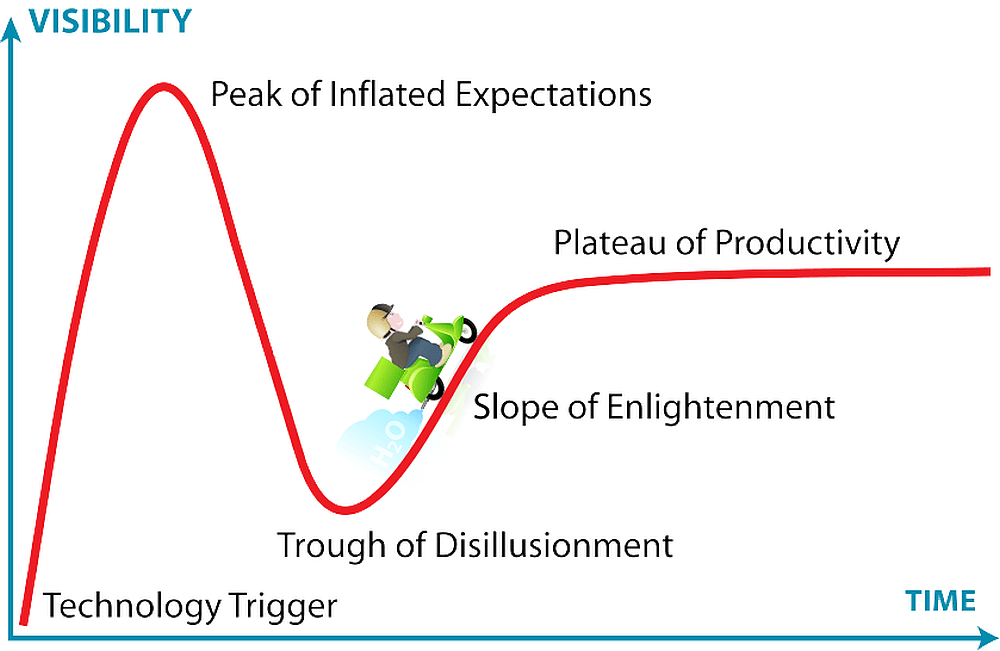With today’s announcement that it will be using $122 million to launch a new energy hub on artificial photosynthesis, the DOE is making a sizable commitment to both renewable energy research and tackling greenhouse gases.
The new funding is to support a five-year multidisciplinary effort aimed, according to a DOE release, “to develop an integrated solar energy-to-chemical fuel conversion system and move this system from the bench-top discovery phase to a scale where it can be commercialized.
The hub, dubbed the Joint Center for Artificial Photosynthesis, will be overseen by DOE’s Office of Science and jointly led by Call Tech and the Lawrence Berkeley National Lab. In particular, JCAP will be lead by Nathan S. Lewis, Cal Tech (director); Bruce Brunschwig, Cal Tech; Peidong Yang, LBNL and UC Berkeley; and Harry Atwater, Cal Tech. Stanford University’s SLAC National Accelerator Lab and the University of California’s institutions at Berkeley, San Diego and Santa Barbara are also participating.
The DOE says JCAP will focus on developing light absorbing systems and materials, catalysts, molecular linkers and separation membranes. They expect that the end result will be a scalable direct solar fuels production system.
This is the second energy hub to be funded this year. The first hub is focusing on nuclear energy modeling and simulation. An announcement regarding funding for a third hub related to developing innovative energy-efficient building technologies, designs and systems is expected later this year.
CTT Categories
- Energy
- Market Insights
Related Posts
Hype cycles: The uphill climb for hydrogen bikes
June 26, 2025


